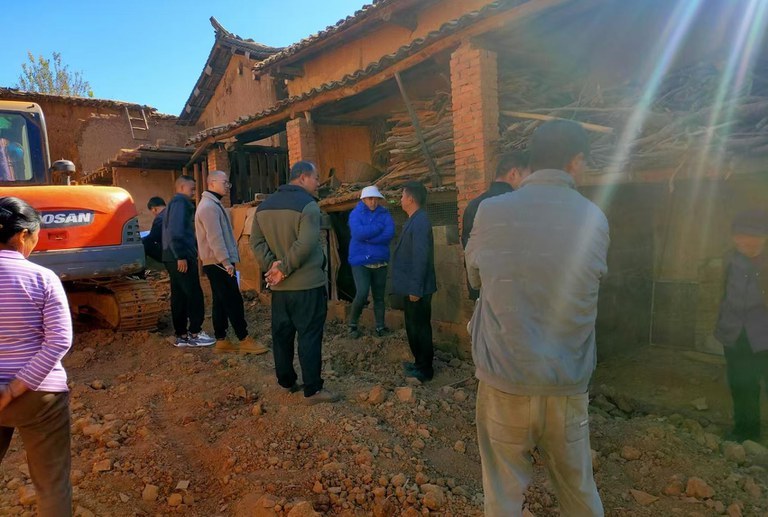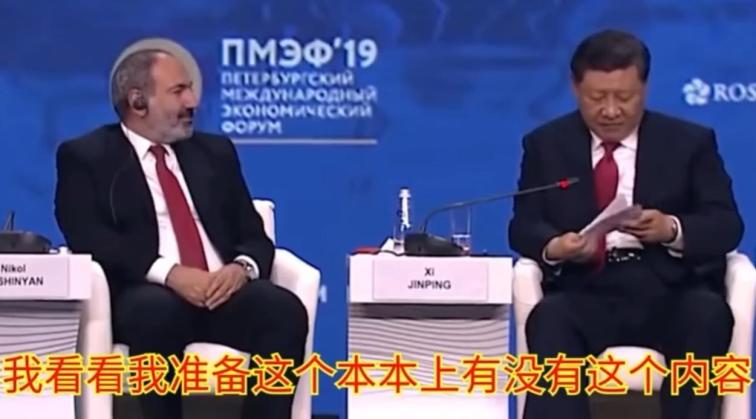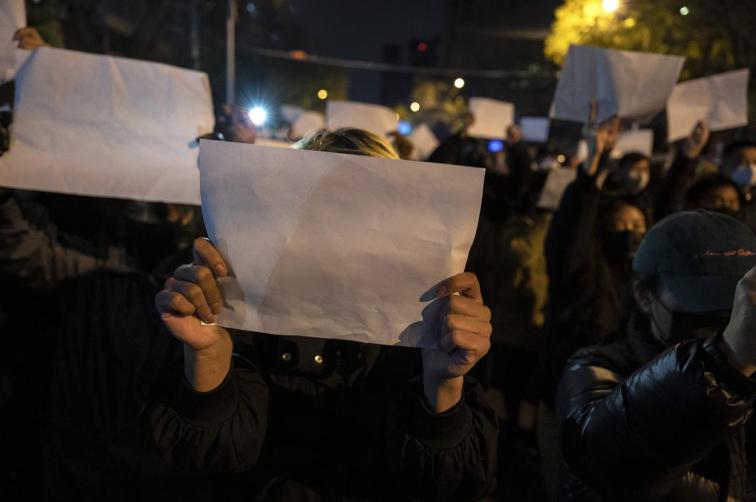"Three Losses and One Bias" refers to individuals who are "disheartened in life, imbalanced in mindset, abnormal in behavior, and obsessive in personality." The image shows a local government in Yunnan conducting a "Three Losses and One Bias" investigation. (Screenshot from the official website of Yuanmou County, Yunnan)
People News - Recently, incidents of social violence have been occurring frequently in China. Following the car-ramming incident in Zhuhai, General Secretary Xi Jinping instructed authorities to "control the problem at its source." Subsequently, the regime adopted a "harsh measures for chaotic times" approach. Authorities are now conducting nationwide investigations targeting groups identified as "Three Losses and One Bias," referring to individuals who are "disheartened in life, imbalanced in mindset, abnormal in behavior, and obsessive in personality." Commentators argue that these investigations only address the "symptoms of society" without confronting the root cause—the CCP's authoritarian system. The regime’s long-standing "hate education" has also contributed to the proliferation of social violence incidents.
According to a report by Radio Free Asia, after a car-ramming incident aimed at "retaliating against society" occurred in Zhuhai, Guangdong, on the 11th of this month, Xi Jinping personally directed the response and issued "important instructions" to strengthen risk prevention at the source. At the time, political commentators predicted that the CCP would adopt "harsh measures for chaotic times," initiating a new wave of strict social control.
Following statements from local governments in various regions about investigating "Three Losses," "Five Losses," and "Eight Losses" individuals, the CCP authorities recently appear to have finalized their focus on the "Three Losses and One Bias" group. This category refers to individuals who are "disheartened in life, imbalanced in mindset, abnormal in behavior, and obsessive in personality." Authorities claim they will implement measures such as "monitoring and stabilizing, resolving conflicts, and providing psychological assistance" to ensure extreme incidents do not occur. The term "Three Losses and One Bias" has also spawned related concepts like "Four Types of Conflict Problems" and "Six Types of Conflict Factors."
Across China, a campaign to identify individuals classified as "Three Losses and One Bias" has been fully launched, with mainland media widely reporting on actions taken by local governments and communities to conduct these investigations.
In Shanghai’s Baoshan District, the Community Correction Bureau held a "Safety Risk Inspection for Community Correction and Reintegrative Support" progress meeting on Wednesday (27th). The bureau proposed using big data and information technology to accurately identify individuals with "Three Losses and One Bias" traits or other "unstable factors and risk signs." Prior to this, the bureau had collaborated with local police stations to conduct home visits, inspecting the family situations, economic conditions, employment status, psychological well-being, and ideological dynamics of targeted individuals. They also carried out specialized educational campaigns to encourage compliance with laws and regulations and to build a "firewall of thought" against potential risks.
Meanwhile, in Jiamusi, Heilongjiang Province, the local Education Bureau is focusing on identifying "Three Losses and One Bias" individuals within its jurisdiction's schools. It has also expanded the target group to include "individuals with mental disorders."
After "Li Laoshi Is Not Your Teacher" shared related information on X, it drew a flood of comments. One user, "The Power of the Powerless," remarked, "The CCP is once again seizing the opportunity to launch a new campaign of restricting freedom and detaining citizens." Several others sarcastically added, "Xi Jinping himself is the perfect example of 'Three Losses and One Bias.' Start the investigation with him."
Commentary: The Campaign Targets "Superficial Symptoms" Without Addressing Root Causes
Renowned Beijing journalist Gao Yu, in an interview with the outlet, used an ancient anecdote to critique the current situation. She referenced the story of a Ming Dynasty soldier who, after being struck by an arrow, sought treatment from a doctor. The doctor merely cut off the part of the arrow protruding from the skin, saying the rest was an internal medicine issue. Gao pointed out that the CCP’s current campaign only targets "social symptoms" rather than addressing the root cause—the authoritarian system itself.
Gao Yu stated: "After the tragic car-ramming incident in Zhuhai, while the central authorities proposed preventing risks at the source, what exactly is the source? I was reminded of the Ming Dynasty anecdote about the soldier struck by an arrow. The doctor cut off the arrow near the skin and claimed the internal issue was someone else's responsibility. The 'societal discontent' is not the source of risk but merely a symptom of it. It grows out of the CCP’s authoritarian system and is the result of failed governance on all fronts."
Commentary: CCP’s “Hate Education” Fuels Widespread Violence; Strict Controls Expected to Fail
Professor Yang Haiying from Japan’s Shizuoka University shared his insights during an interview, attributing the rampant violence in Chinese society to the CCP’s long-standing promotion of "hate education." He argued that the current campaign to investigate "Three Losses and One Bias" is merely an extension of this ideology.
Yang Haiying remarked: "I’ve also been following the 'Three Losses and One Bias' issue. This stems from the CCP’s method of ruling through 'hate education.' In the past, we were taught to hate the landlord class, capitalists, Japan, and so on. The idea was that you had to hate someone. This long-standing education in hatred has now borne fruit, and Chinese society has become completely terrorized."
He also pointed out that the CCP’s heightened concern over social violence is due to fears of its potential to threaten the regime. However, he predicted that the stricter control measures being introduced are unlikely to yield positive results.
Yang Haiying stated: "Of course, the CCP will use this opportunity to strengthen its grip on society, but it won’t work. Isn’t China already the country with the most surveillance cameras in the world, monitoring everyone’s actions and speech? Yet they still can’t control the situation. The problem now is not just a societal issue; it’s also a problem within the Communist Party itself."
Commentary: A Revival of the "Fengqiao Experience"
In the early 1960s, Fengqiao District in Zhuji, Ningbo, Zhejiang Province, pioneered a model of "mobilizing the masses and strengthening dictatorship over class enemies," which was later promoted nationwide as the "Fengqiao Experience." Xi Jinping has praised and promoted this approach. Gao Yu believes the current campaign is a modern iteration of the "Fengqiao Experience," allowing authorities to further tighten social control.
Gao Yu stated: "This current investigation campaign, in my view, is another nationwide promotion of the Fengqiao Experience. Its effectiveness is very limited, and it mainly serves to control the so-called 'low-end population' across the country."
While the campaign to identify "Three Losses and One Bias" individuals continues to spread, winter "street sweeping operations" are also being rolled out nationwide. On Wednesday, police in Leiyang City, Hunan Province, launched their winter "street sweeping operation." Leiyang Experimental Middle School issued a notice stating that any minors found outside their homes after 11 PM would be taken to the police station for investigation. Those who repeatedly fail to comply will be detained in a holding facility.











News magazine bootstrap themes!
I like this themes, fast loading and look profesional
Thank you Carlos!
You're welcome!
Please support me with give positive rating!
Yes Sure!